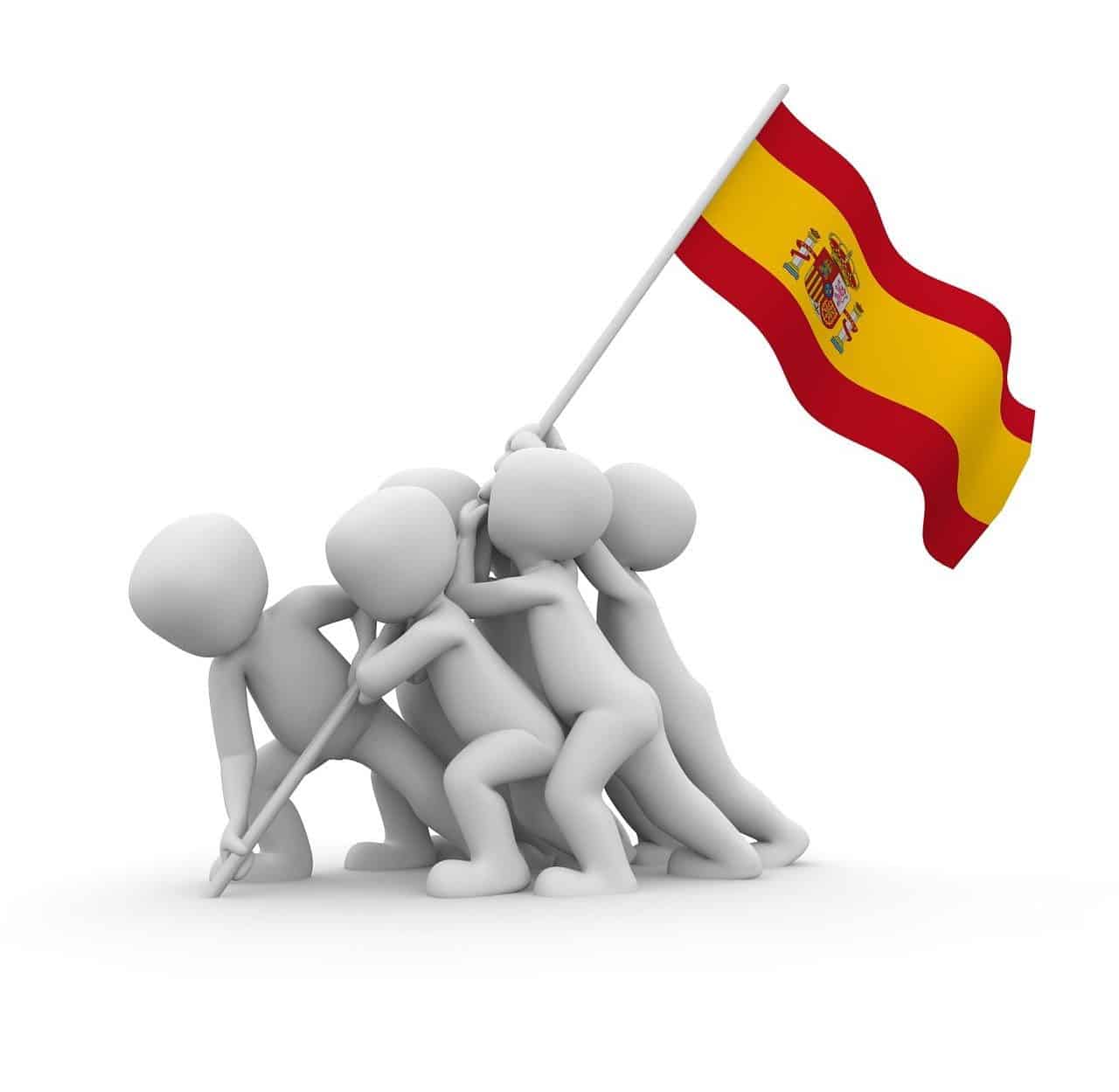
Colonialism implies a relationship of dominance of the colonizing nations over the colonized nations.
Colonialism is the regime that is established when a State is dedicated to the exploitation of a territory that is not its own . These lands where economic and political dependence is imposed are called colonies .
In the classic sense of the concept, colonialism implies territorial conquest and the exploitation of resources to appropriate the wealth of the place. In any case, the notion is also usually used to refer to economic and cultural domination without there being an effective appropriation of the region, which produces informal colonialism .
Origin of colonialism
The origin of colonialism is found in the expansion of empires . The intention to obtain raw materials and cheap labor (or through slavery ) always led the powers to undertake invasion and occupation campaigns.
In this sense, from the Greeks to the Egyptians, through the Romans, the Sumerians, the Aztecs and the Incas, numerous ancient peoples developed actions that can be classified as colonialist. However, the term is usually related specifically to the system that various European countries imposed on other territories from the 15th century until the 20th century .
European colonization of America
European colonization of America began with the arrival of the expedition led by Christopher Columbus in 1492 . From this milestone, which is usually mentioned as the discovery of America although the continent was already populated and had even been visited by other peoples before, the Spanish Empire and the Portuguese Empire began a first colonialist phase that was later continued by the Dutch , the French and the English .
The so-called Age of Discovery was characterized by land exploration and favored European territorial expansion at the service of mercantilism . Technological advances and the productive surplus, in this framework, were combined with cultural justifications to promote initiatives of conquest . Internally, there was even a supposed mission aimed at civilizing the "savages" through Christianization, a position that was based on racism and Eurocentrism .
In the case of Spain , the structure of the viceroyalty was appealed to for colonial administration. In this way, the metropolis directed the colonies through viceroys who represented the king. The Viceroyalty of New Spain , the Viceroyalty of Peru , the Viceroyalty of New Granada and the Viceroyalty of the Río Plata were the administrative divisions that he established in the American territory.
In these settlements , the colonists were the ones who exercised power: the dependent territories lacked autonomy and the right of the American peoples to govern themselves was not considered. The Laws of the Indies promulgated by the Spanish Crown constituted the legislation that regulated life in the colonies.
The Portuguese Empire , for its part, also exercised colonialism in America, dominating Brazil . The British Empire did the same in areas of North and South America, while the French colonial Empire had a presence in North America , South America and the Caribbean .

With colonialism, a colonial economy is imposed, often based on extractive industries that appropriate local resources.
Colonialism in other parts of the world
Colonialism also developed in other parts of the world beyond America . Spain 's colonization of Africa led to the creation of the Spanish Sahara and the Protectorate of Morocco and the control of Equatorial Guinea ; to Portuguese rule of Mozambique and Angola ; to the French exploitation of Algeria and Senegal ; and to the English administration of Egypt , for example.
The colonization of Asia and the colonization of Oceania (including the colonization of the Pacific Islands ) were other processes that included the outbreak of ethnic conflicts, forced displacements and other problems, in addition to the expropriation of lands.
The Indian Companies
The Indian Companies were the entities created by the metropolises to manage trade with the colonies. It should be noted that the idea of the West Indies referred above all to the Caribbean and, in a broad sense, also to the rest of America , while the East Indies referred to Asia .
The Indian Companies contributed to dominance through monopoly. Among the West India Companies were the Dutch West India Company and the Danish West India and Guinea Company , while among the East India Companies the British East India Company , the French East India Company stood out. East Indies and the Portuguese East India Company .

Colonialism involves the presence of a dominant culture that subjugates a subordinate culture, among other issues.
The end of colonialism
The end of colonialism was forged through anti-colonial movements and independence movements that aspired to end subjugation. Thus, anti-colonial revolutions followed one another and in some cases even led to a war of independence .
If we take the case of Argentina , in 1810 the so-called May Revolution took place, which allowed the creation of the First Government Junta to replace the viceroy , although submission to Spain was maintained. Independence finally took place on July 9, 1816 .
In this struggle, many anticolonial leaders remained in history. Patrice Lumumba , for example, fought for the independence of the Congo and became prime minister in 1960 , until he was overthrown and then assassinated.
Today the United Nations Organization has a Decolonization Committee that is dedicated to combating colonialism and monitoring the situation in those territories that are administered by colonial powers. This organization is working in Gibraltar , to point out one case.
